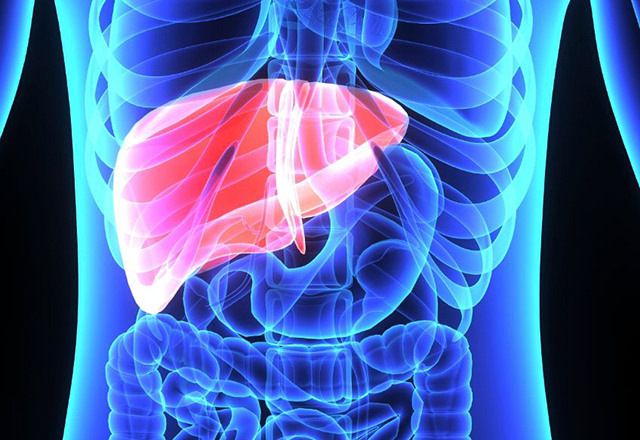By Jessica Albert
Frederick man recovering after receiving pig heart transplant at University of Maryland School of Medicine
BALTIMORE – Doctors at the University of Maryland School of Medicine performed its second groundbreaking transplant of a genetically modified pig heart.
The transplant was given to a man from Frederick who had been rejected from all other transplant centers because of pre-existing conditions.
We are told the patient is breathing on his own and his new heart is working without any assistance. Read the full story from WJZ CBS News Baltimore.








